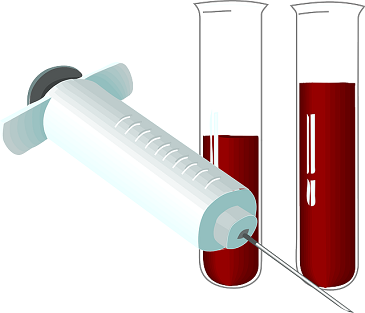Rotavirus vaccine from Hilleman shows promising results
September 08, 2014 | Monday | News | By Rahul Koul Koul
Rotavirus vaccine from Hilleman shows promising results
The rotavirus vaccines currently available rely on cold chain storage and result in higher distribution costs
Hilleman Laboratories, an equal joint-venture partnership between Merck & Co and the Wellcome Trust, announced a significant advancement in improving access to a life-saving rotavirus vaccine.
Dr Davinder Gill, CEO, Hilleman Laboratories, who spoke at the 11th International Rotavirus Symposium held in New Delhi, mentioned, "We have developed thermostable formulations of pre-approved oral rotavirus vaccine that offer many months of stability in a dry powder form at temperatures that are ambient in the developing world. In addition, using frangible sealed pouches, we have designed an inexpensive single container-closure device that requires a very small footprint during distribution and delivery of our vaccine."
The vaccine candidate will have optimized bulk antigen production processes combined with simple yet robust formulation and a scalable fill/finish to ensure a competitively priced vaccine. This will improve access in low-resource settings like India.
Dr Gill later told BioSpectrum, "As our viral antigen and oral dosing are already pre-approved in liquid formulation, we aim to conduct rapid clinical trials to ensure accelerated approval of our vaccine. Our easy-to-administer delivery device offers an unique advantage both for improved affordability as well as increased access of the rotavirus vaccine."
A recent study on Rotavirus in India by the Journal Vaccine estimates 11.4 million rotavirus-induced episodes in India annually. It further highlights that the burden of rotavirus disease in India is estimated to be 78,000 deaths annually of which 59,000 occur in the first two years of life.
The rotavirus vaccines currently available rely on cold chain storage and result in higher distribution costs and inadequate supply to those in need. Hilleman Laboratories' initiative in developing a thermostable rotavirus vaccine will allow for greater temperature consistency and less reliance on exact storage timing and refrigeration. The company's initial focus is to heat stabilize the existing vaccine and bring it to the vaccine vial monitor (VVM) 30 levels and higher. This will determine the feasibility of applying innovative delivery technologies to an existing oral rotavirus vaccine to make it thermostable for further opportunities.









